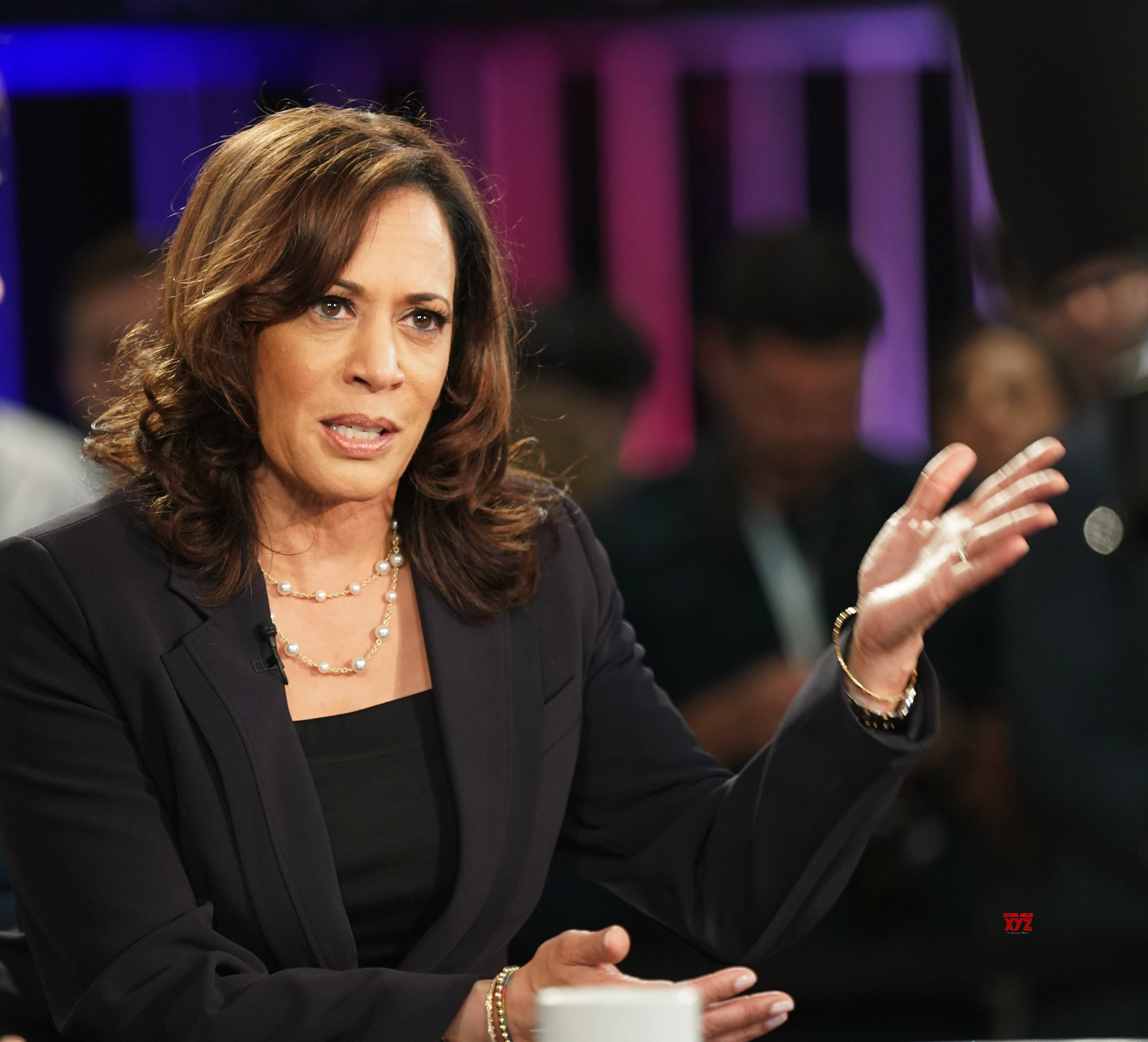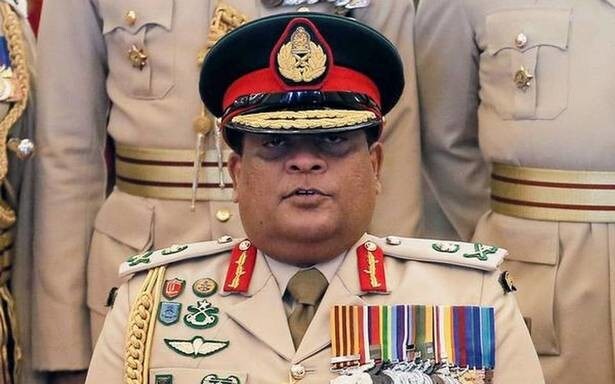
WASHINGTON: Asserting that the US and India have worked too hard and come too far to lose the momentum of their bilateral ties, a senior Obama Administration official has suggested a four point formula, including lowering of barriers in FDI, to give the relationship a fresh thrust.
“First, we ought to lower barriers for foreign direct investment. The total two-way foreign direct investment between our countries is nearing USD 30 billion. We can do even better,” said William Burns, US Deputy Secretary of State.
The US, he said, is encouraged by the ongoing deliberations in New Delhi to ease offset requirements and raise caps on FDI.
Reforms in FDI and concluding the bilateral investment treaty will be instrumental in taking innovation, economic growth, and job creation to a new level in both the countries, he argued.
“Second, we need to continue transforming our defense trade relationship. Each of our countries took on a serious commitment to pursue specific co-production and co-development opportunities,” he said in his address to the India-US CEOs Forum meeting.
This is a significant step that also promises to increase high-technology trade and research and development collaboration in civilian sectors, he added.
“Third, we must deliver on the promise of the civil-nuclear agreement,” he said.
At the Strategic Dialogue last month, the two countries welcomed the intention of Westinghouse and the Nuclear Power Corporation of India to arrive at a commercial agreement by September.
“This will be a visible manifestation of our strategic partnership and an important step to securing a cleaner energy future,” he noted.
“Finally, we must keep our countries open to the fundamental driver of this partnership our people. From Silicon Valley to Wall Street, and Cambridge to Washington, Indian Americans and Indian citizens are making a profound impact here,” he said.
“I understand the concerns in the business community about the potential for increased costs and new visa restrictions in draft versions of the comprehensive immigration reform bill,” Burns said.
Implementation of these suggestions, Burns said, can help achieve near-term progress and deliver a solid return on the investment in the bilateral relationship.
Noting that Indian nationals receive the largest proportion of work visas of any group, Burns exuded confidence that the comprehensive immigration reform will continue to benefit the Indian people and the economies by lifting caps on nonimmigrant visas; expanding opportunities for entrepreneurs and professionals in science, technology, engineering and mathematics; and ultimately deepening and strengthening the bonds between people.
Deputy National Security Advisor Caroline Atkinson, US Trade Representative Michael Froman, and Deputy Chairman of the Planning Commission of India Montek Singh Ahluwalia, along with CEO co-chairs Ratan Tata and David Cote, lead the meeting of the US-India CEO Forum.
In addition to the American and Indian CEOs, many senior Indian and US officials who participated in the meeting include Union Finance Minister P Chidambaram, Commerce and Industry Minister Anand Sharma, US Treasury Secretary Jacob J Lew, US Commerce Secretary Penny Pritzker and US Under Secretary for Economics, Energy, and Agricultural Affairs Robert D Hormats. -PTI






